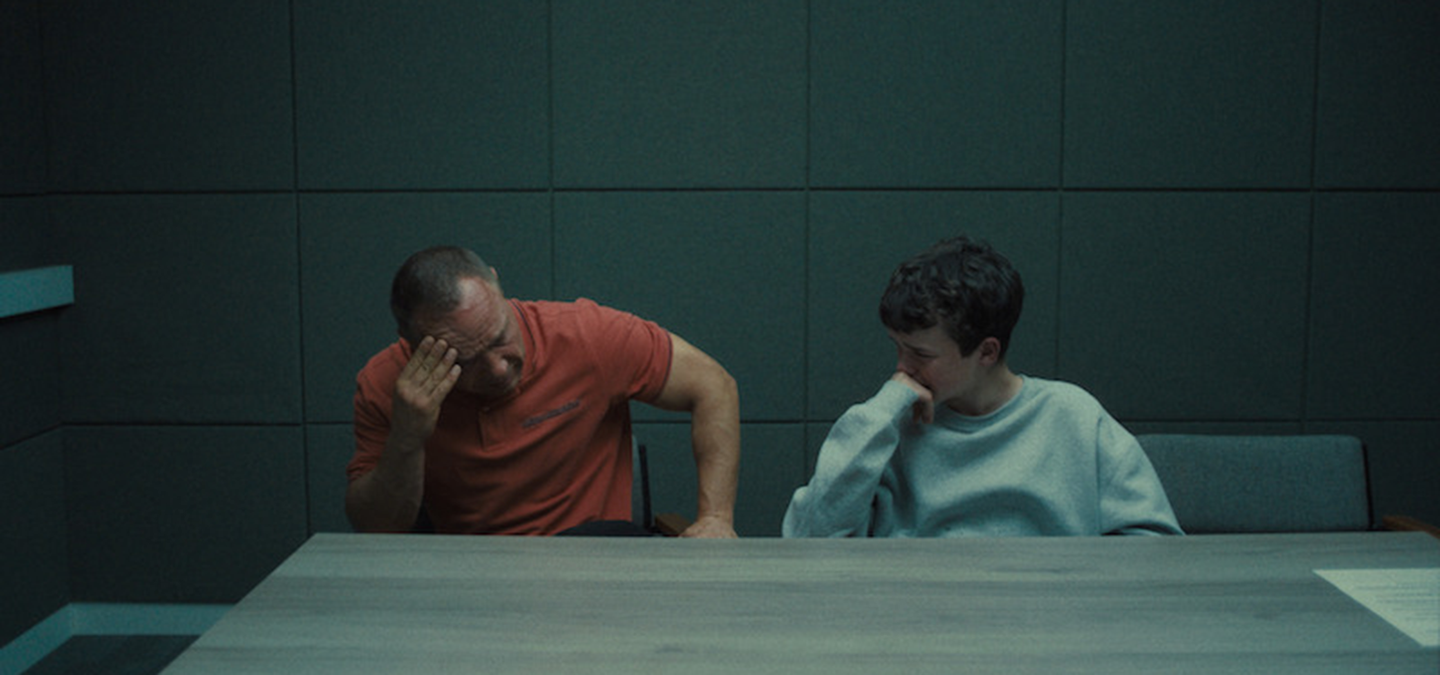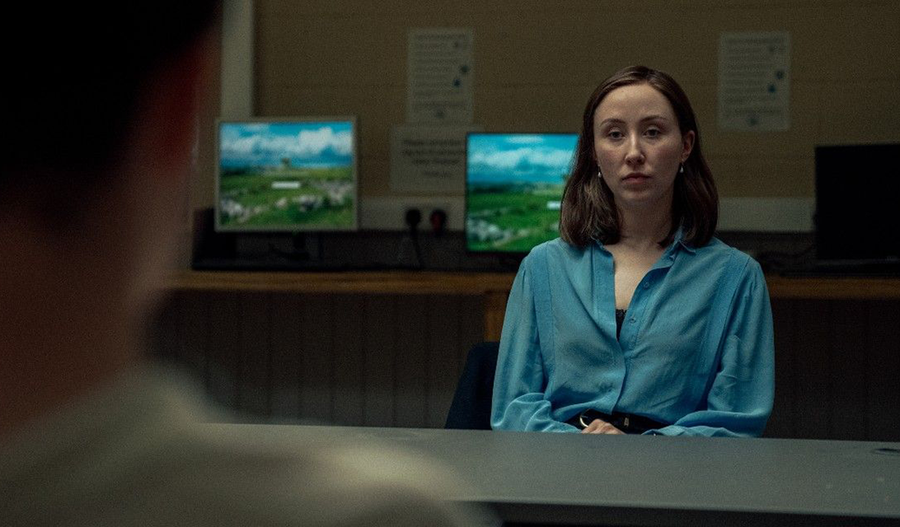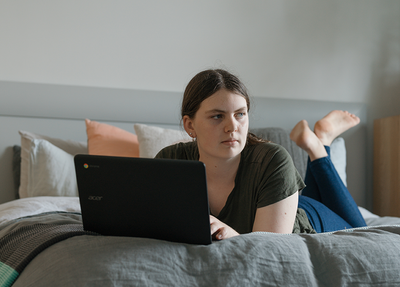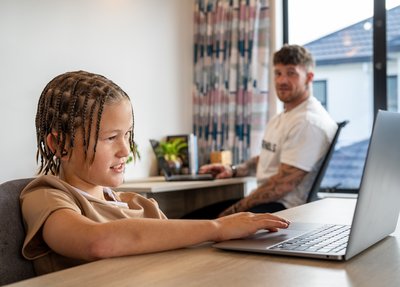
Misogyny in our midst: Adolescence highlights what our research shows
Rebecca on March 27, 2025
The stunningly choreographed series Adolescence on Netflix is raising many questions and important conversations about the prevalence of misogyny in Western culture.
We’re not surprised by this topic, and we believe the conversation is an important one to continue. We are seeing themes of misogyny in a lot of the worst things our team must watch and classify in our daily work as we try to prevent harm for New Zealand audiences.
In 2024 we released a significant literature review of current research into Online Misogyny and Violent Extremism. We did this review because of what we were seeing in the landscape of publications coming across our desks at the Classification Office. We’ve seen that misogyny frequently appears in content that is restricted or even banned.
The world changed on 15 March 2019 with the Christchurch Mosque attacks and the ‘manifesto’ released by the murderer. Our Office classified and deemed objectionable both the live stream video and the publication in the days following the attack. The attack and publication began a ripple effect of influence in extremist circles. With that deep expert understanding of the publication and its themes, we began to see the themes showing up in other publications in the course of our work. We commissioned the literature review into online misogyny to better understand the current landscape and inform our work. One aspect of what the studies of subsequent terrorist events show is a hateful ‘ripple effect’ of the Christchurch Mosque attacks and manifesto. These terrorist attacks and publications have influenced, and continue to influence, and amplify harmful content including misogynistic views.
The series Adolescence raises many questions about young men, online culture, and how prevalent misogynist views may be. What our research shows is that with online misogyny there is a strong link to real world violence. The link to violent extremism is very clear in many extremist acts that have taken place since March 2019.

That’s alarming and scary we know. But with this knowledge we all have a part to play in making society safer for everyone. Our broad advice, based on years working with experts in the field, is check in with your family members and go gently with the chat.
- Have the tech conversation in relaxed settings (like driving in the car, hanging out the washing, or going for a walk). (See our blog on How to talk about harmful content and social media with your under-13s)
- Know what your children are playing, watching, and who they’re talking to online. (See our resources for Parents & Whānau)
- Talk with your children about parental controls they can access, screen limits, and rules about which social media channels they use and who they ‘friend’ online. (See our one-stop resource page all about Parental Controls)
- Be an open door for your children to talk about what they see or hear that makes them uncomfortable.
- Be calm and welcoming, don’t dismiss their feelings.
- If you or your whānau see content that isn’t ok report it. Report it to the platform, the provider, to DIA or to us.
If you’d like to understand more about the current research, our publicly accessible online resource takes a deep dive into Online Misogyny and Violent Extremism. It is the primary source of the research summary report, and literature review. It provides links and glossary tips for all of the supporting research and information. This resource is aimed at academics, researchers, government, and non-governmental organisations and is a snapshot of the available research at time of publication.
Te Mana Whakaatu is an independent Crown entity responsible for classifying material which may need to be restricted or banned. This can include films, books, video games and online content. The Office can restrict or ban content that promotes crime, terrorism or violence. The Office also conduct research and produce evidence-based resources to promote media literacy and enable New Zealanders to make informed choices about what they watch.
Helplines
The themes in Adolescence of violence against girls and women could be upsetting for some viewers, especially for those who have gone through similar experiences. If you are struggling with what you have seen on-screen please reach out for help. If you or someone you know needs to talk:
Further information
Subscribe to our blog
Stay up to date with the Classification Office blog.


